Ideally, the tires should be the only part of the car that actually touches the ground. If that’s not the case, then something is probably very, very wrong. As the four connecting bits between a vehicle and the road, a car’s tires are obviously very important, and thus should be kept at an ideal tire pressure at all times to deliver the utmost handling, performance and fuel economy. That said, actually ensuring all four slabs are properly inflated can be a real pain in the butt. Luckily, 2020 Camaro owners will have an easier time of it thanks to the GM Tire Fill Alert system, which is being added as standard equipment across the entirety of the 2020 Camaro lineup.
Essentially, Tire Fill Alert provides an auditory alert outside of the vehicle when inflating a tire to the recommended spec. The system makes it easy to verify when a tire has reached its optimum pressure by delivering an audible beep, all without the hassle of breaking out a tire pressure gauge. Meanwhile, the Tire Pressure Monitoring system provides a readout of the car’s actual tire pressure within the gauge cluster.
Tire Fill Alert originally made its debut with the all-new 2018 GMC Acadia. Now, the system is equipped as standard for most GM vehicles for the 2018, 2019 and 2020 model years.
Of course, when it comes to the 2020 Camaro, having the right tire pressure is critical to the sports car’s performance, especially with so much output offered under the hood. For reference, the 2020 Camaro offers a total of four engine options, including the turbocharged 2.0L LTG I-4 (275 horsepower), the atmospheric 3.6L LGX V6 (335 horsepower), the atmospheric 6.2L LT1 V8 (455 horsepower), and the supercharged 6.2L LT4 V8 (650 horsepower). With so much muscle so readily available, maintaining the right tire pressure is absolutely critical.
For reference, all season tires are standard across the Camaro range, while the 2020 Camaro SS, ZL1 and 1LE packages of the LT, SS and ZL1 being equipped with high-performance summer performance rubber.
Subscribe to GM Authority for more Chevrolet Camaro news, Chevrolet news and around-the-clock GM news coverage.
[nggallery id=1049]

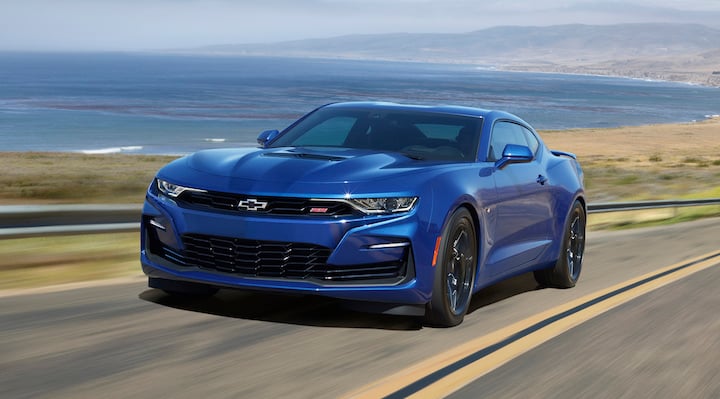

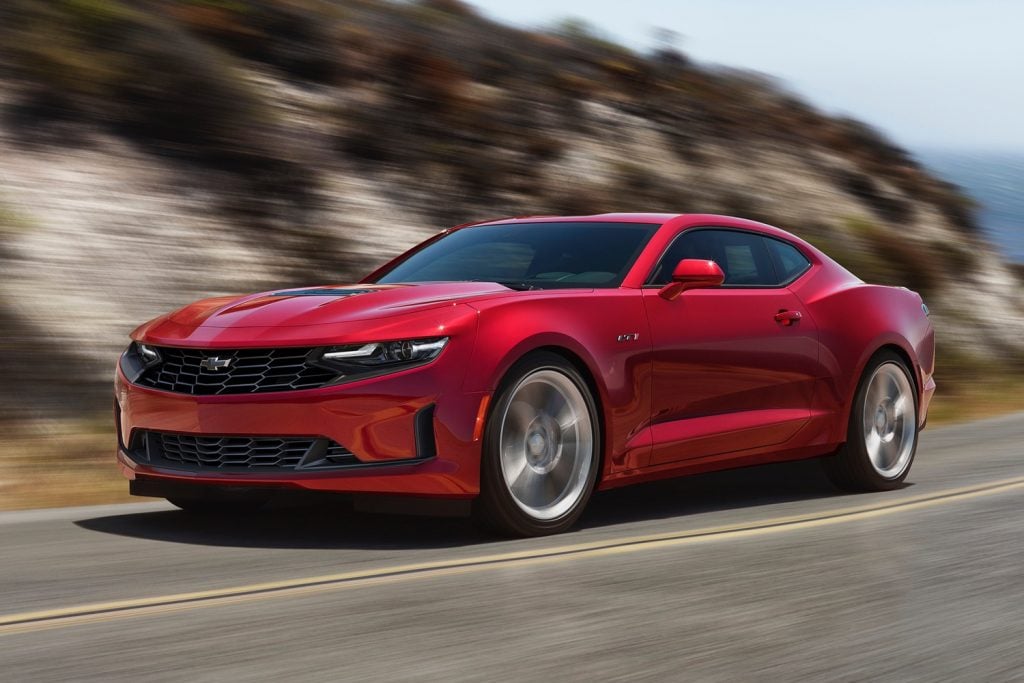

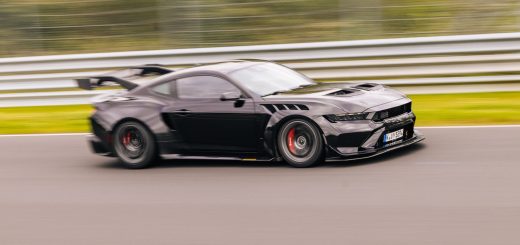
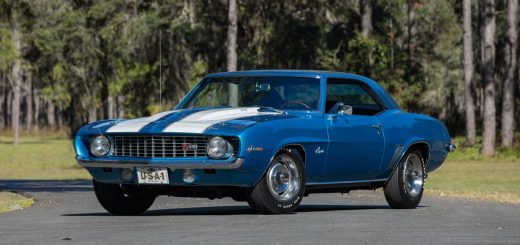
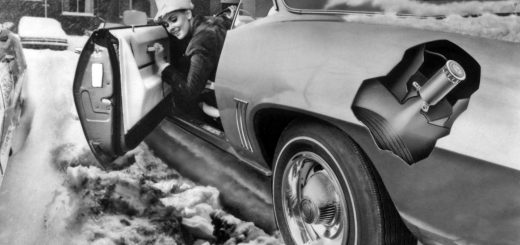
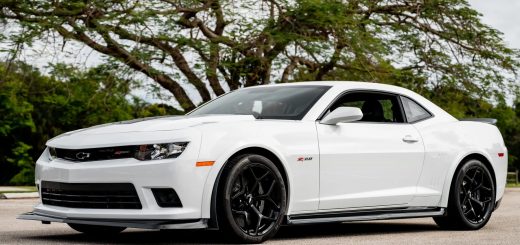

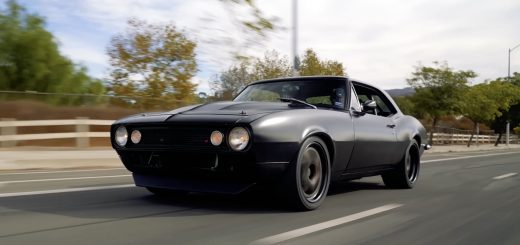






Comments
If it works well and is accurate, it’s a great idea.
What a co-inky-dink. Yesterday, I had the occasion to fill the tires on my ‘other car’, a 2019 Acadia. As I was filling, the horn beeped once. I thought it might be because I had the keyfob in my pocket. I was just ready to go through the manual.
BTW . . . has anyone noticed that the nitrogen fills do not seem to last as long as the “regular” air?
“BTW . . . has anyone noticed that the nitrogen fills do not seem to last as long as the “regular” air?”
Actually, it should be the other way around since nitrogen (due to it’s molecular size) is less likely to leak through the pores in the rubber. Additionally, there’s less change in tire pressure due to changes in temperature (both ambient and road) when nitrogen-filled.
Maybe check your TPMS or the calibration of the tire gauge you’re using?
I agree that the ‘Tire Allert’ system is an excellent addition to any vehicle.
I thought the same thing. Did that . . . Acadia was new 3 months ago. Tires were 32,33,32,32.
Nearly impossible to get all 4 tires to read the exact same number. I was determined one afternoon to achieve that and after about an hour I threw in the towel! 35/35/35/36.
I really shouldn’t care especially when thinking about this sort of thing in 60s. A stick gauge was all I had but I’m sure those bias ply tires were within 5#s of each other!
One thing about Chevy is that everything comes at a cost as nothing is free as one wonders what Chevy decided to delete from the standard equipment list.
I would say that the cost would be minimal. Synchronizing my 2008 Silverado TPMS when rotating tires requires that I bleed air until the horn beeps. Not much difference to adding air. Just a little programming is all it takes.
I really don’t see the need for this. You can already monitor your tire pressure on your dashboard.
It’s ridiculous it’s just another thing that’s going to break. I took the nitrogen out of all the tires on every car I own because they always leak out faster than regular air in my experience.